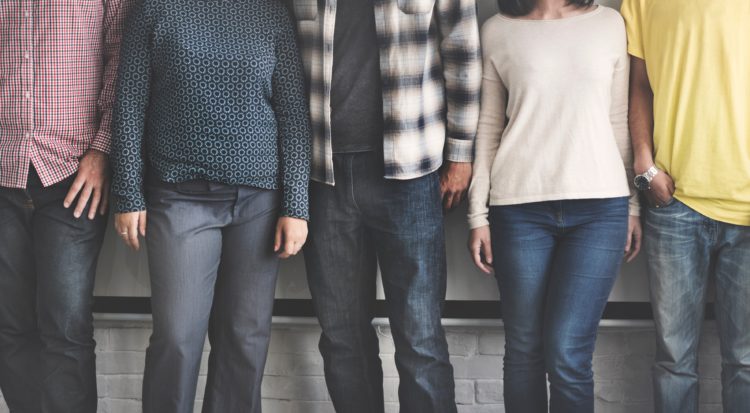Mentoring can serve as an effective lever for improving youth outcomes, but differences in mentors’ and mentees’ racial, ethnic, and class backgrounds can inhibit the development of strong mentoring relationships. In collaboration with Big Brothers Big Sisters of America, where most mentors are middle-class White adults and most mentees are low-income Black and Latinx youth, Sanchez and colleagues will investigate the effectiveness of an intervention that trains mentors to adopt cultural humility and a social justice orientation in their work with youth. The team will randomly assign 500 mentor-mentee dyads to the intervention or to training as usual. The intervention includes a special training session and ongoing support from a case manager. The team expects that by increasing the extent to which mentoring relationships are constructively responsive to issues of race and social justice, the intervention will strengthen mentees’ openness to adult support, ethnic/racial identity, efficacy coping with interpersonal and systemic discrimination, critical consciousness, and academic beliefs. Using an intent-to-treat approach, regression analyses will test for differences in each outcome at 12 months compared to baseline. The theory of change will be tested by fitting a structural equation model with a maximum likelihood estimation procedure. Qualitative data will be collected from both the treatment and control group to understand how, why, and under what conditions the intervention works, how mentors are experiencing the intervention, and relationship development over time. Study findings will have implications for adults who support low-income youth of color in a variety of settings.
Does a program to train youth mentors in cultural humility and social justice improve their relationships with and outcomes for low-income youth of color

